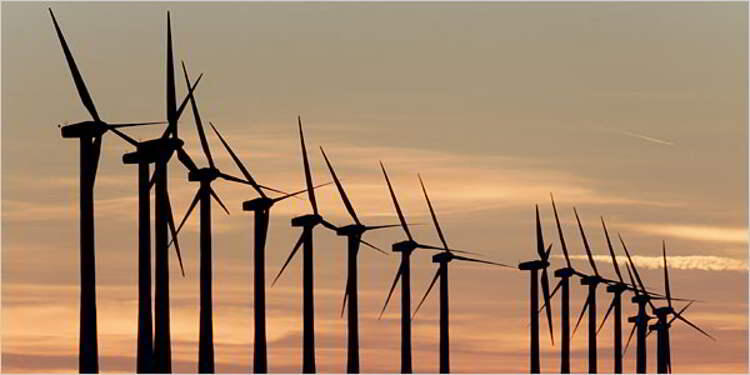The Spanish authorities are mulling a new 3 gigawatt (3,000 megawatt) renewable energy auction in the country, according to recent reports.
Until an actual government is formed in the country, though, nothing is certain. For those who don’t follow Spanish politics much: following the 2015 general election, there was a failure to form a government, as no party managed to gain a majority and there was trouble forming a coalition. This situation was repeated in the re-do election that took place on June 26th. As a result, many things in the country remain up in the air, so to speak.
That said, support for the aforementioned 3 gigawatt (GW) renewable energy auction that would include solar energy project bids seems to be there. (As a reminder, the Spanish Energy Ministry had organized a renewable energy bidding option back in January, but this applied only to biomass and wind energy.)
The general director of Spanish solar energy association UNEF, José Donoso, noted toPV Tech that: “We must take this information as very provisional because we really don’t have a government at this moment.”
The general director continued, noting that the most likely political situation going forward would be the continuance of the previous conservative government — if the old minister of energy ends up being reappointed, then the auction will likely go forward, according to Donoso.
Donoso also noted that UNEF isn’t particularly pleased with the organization of the proposed auction — which won’t make use of subsidies and won’t involve bids being made on a kilowatt-hour (kWh) basis, but will rather be based on a so-called “investment cost,” which doesn’t relate “to the real costs,” according to Donoso.
Other potential issues include upcoming changes to regulations that could lead to changes in the retribution model for the solar energy project developers.
Donoso noted: “We consider this does not give us guarantee that at the end of the day all the projects that are included in the auction will be constructed, (which) is important for Spain if we want to achieve the target of the 20% renewables by 2020.”
Source: Planet Save











